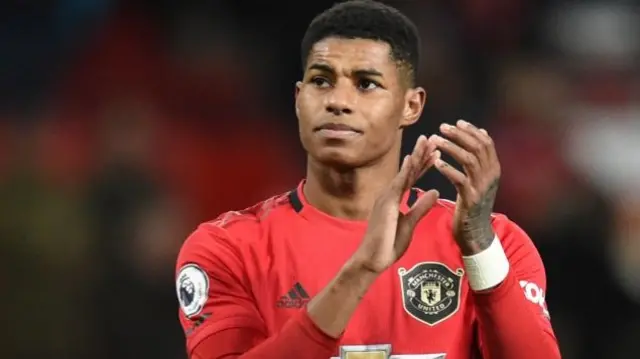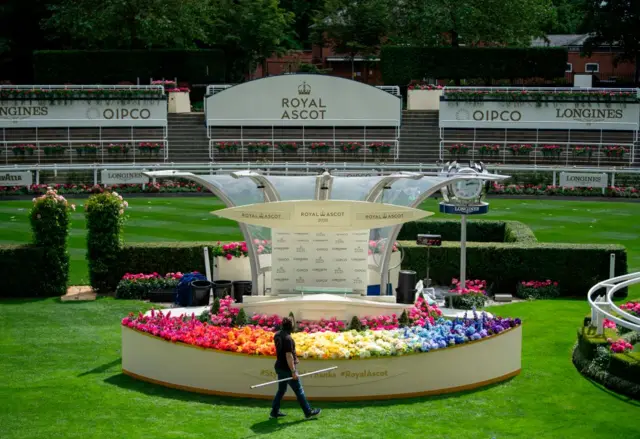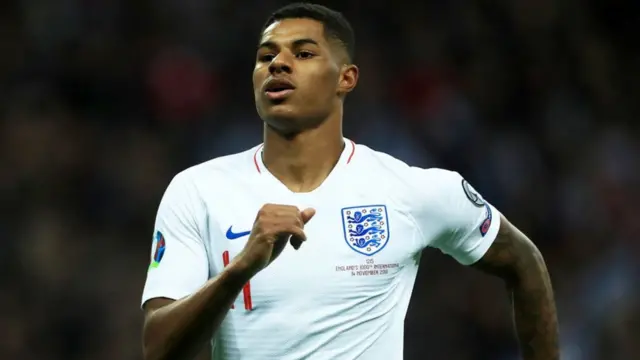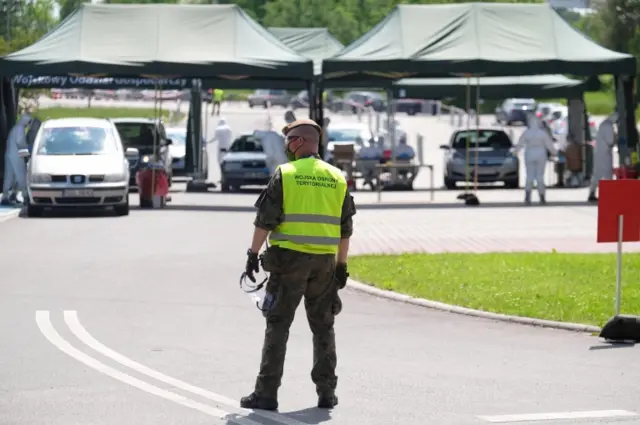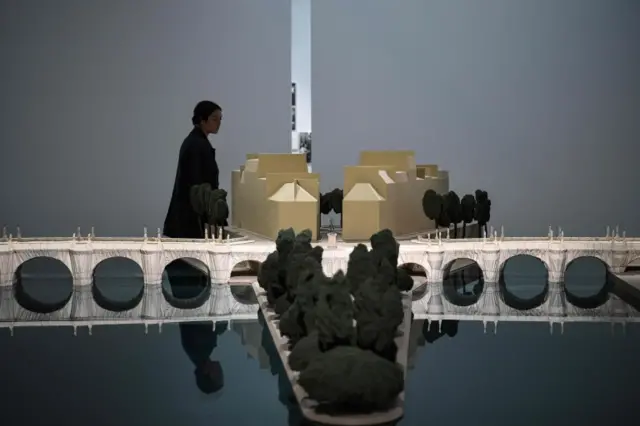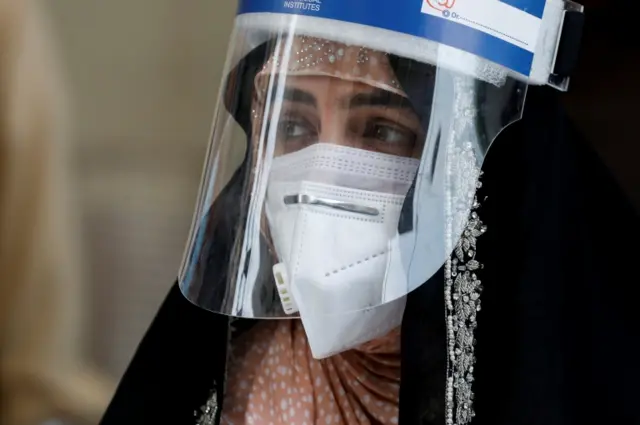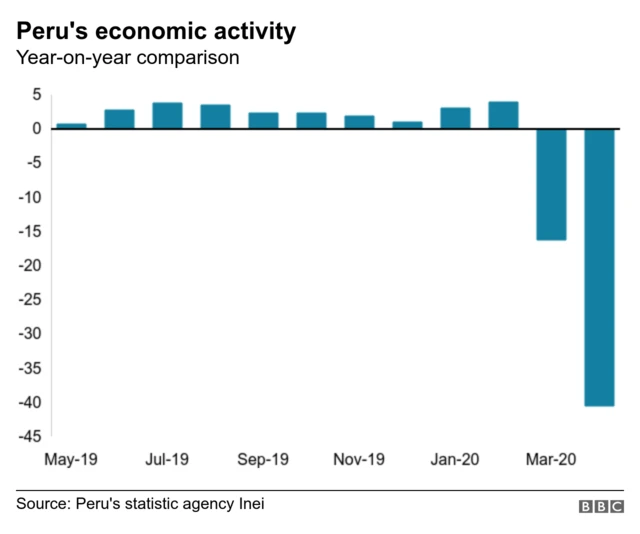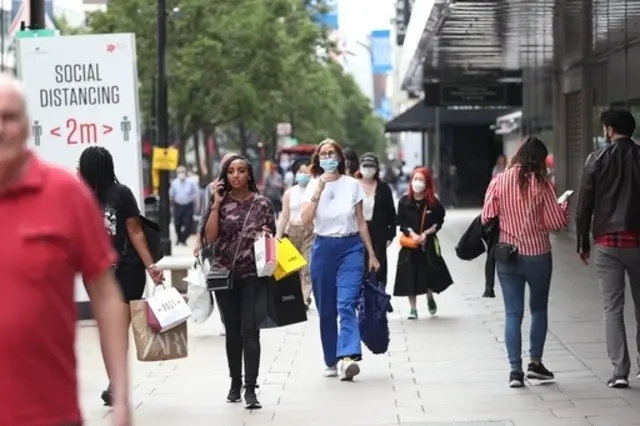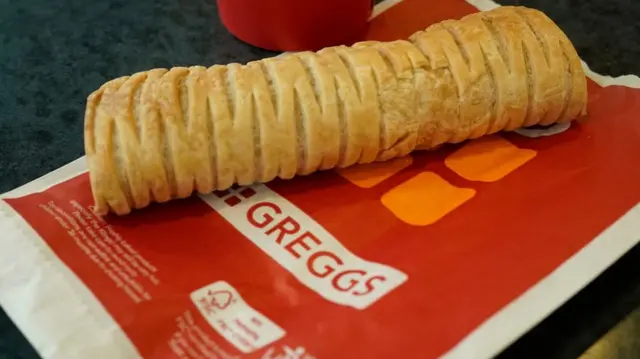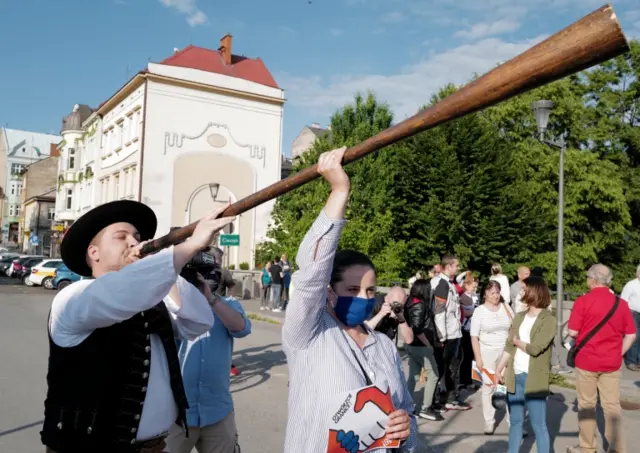Analysis: World can benefit now from cheap steroidpublished at 13:29 BST 16 June 2020
 Fergus Walsh
Fergus Walsh
Medical correspondent
The first drug proven to cut deaths from Covid-19 is not some new, expensive medicine but an old, cheap-as-chips steroid.
That is something to celebrate because it means patients across the world could benefit immediately. That's why the topline results of this trial have been rushed out because the implications are so huge globally.
Dexamethasone has been used since the early 1960s to treat a wide range of conditions, such as rheumatoid arthritis and asthma. Half of all Covid patients who require a ventilator do not survive, so cutting that risk by a third would have a huge impact.
The drug is given intravenously in intensive care, and in tablet form for less seriously ill patients. The only other drug proven to benefit Covid patients is remdesivir, an antiviral treatment that has been used for Ebola.
That has been shown to reduce the duration of coronavirus symptoms from 15 days to 11, but the evidence was not strong enough to show whether it reduced mortality. Unlike dexamethasone, remdesivir is a new drug with limited supplies and a price has yet to be announced.
